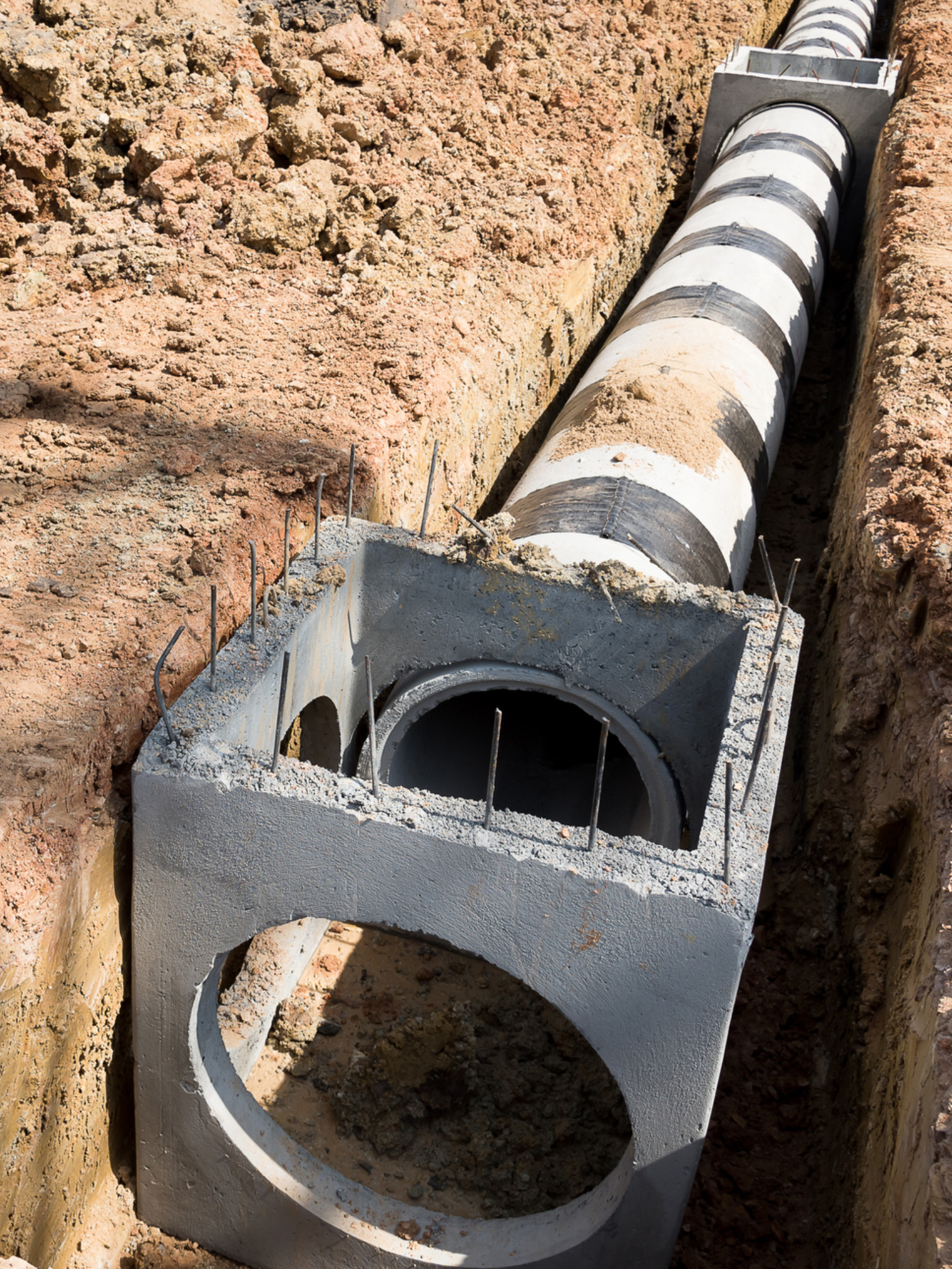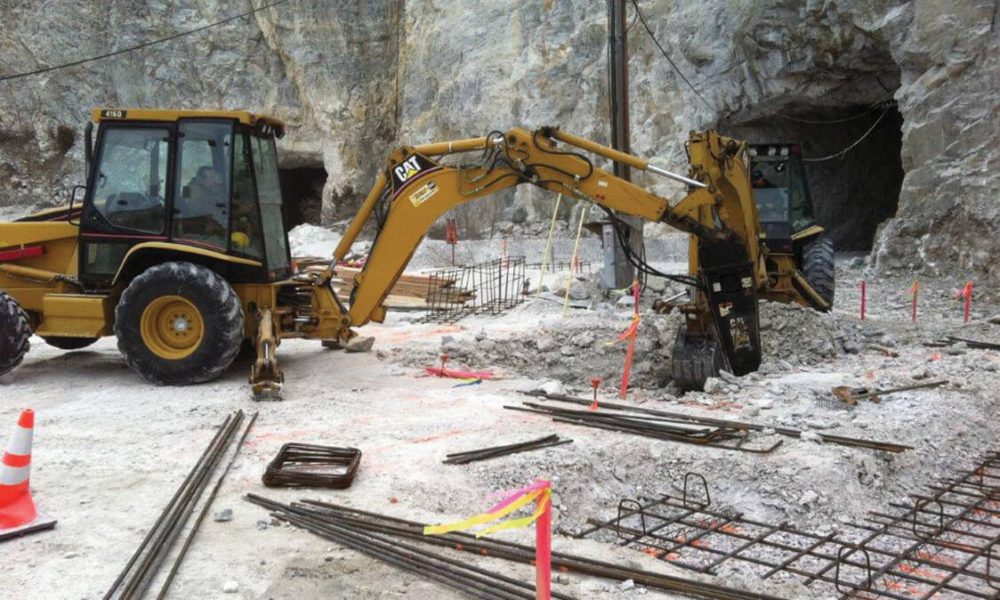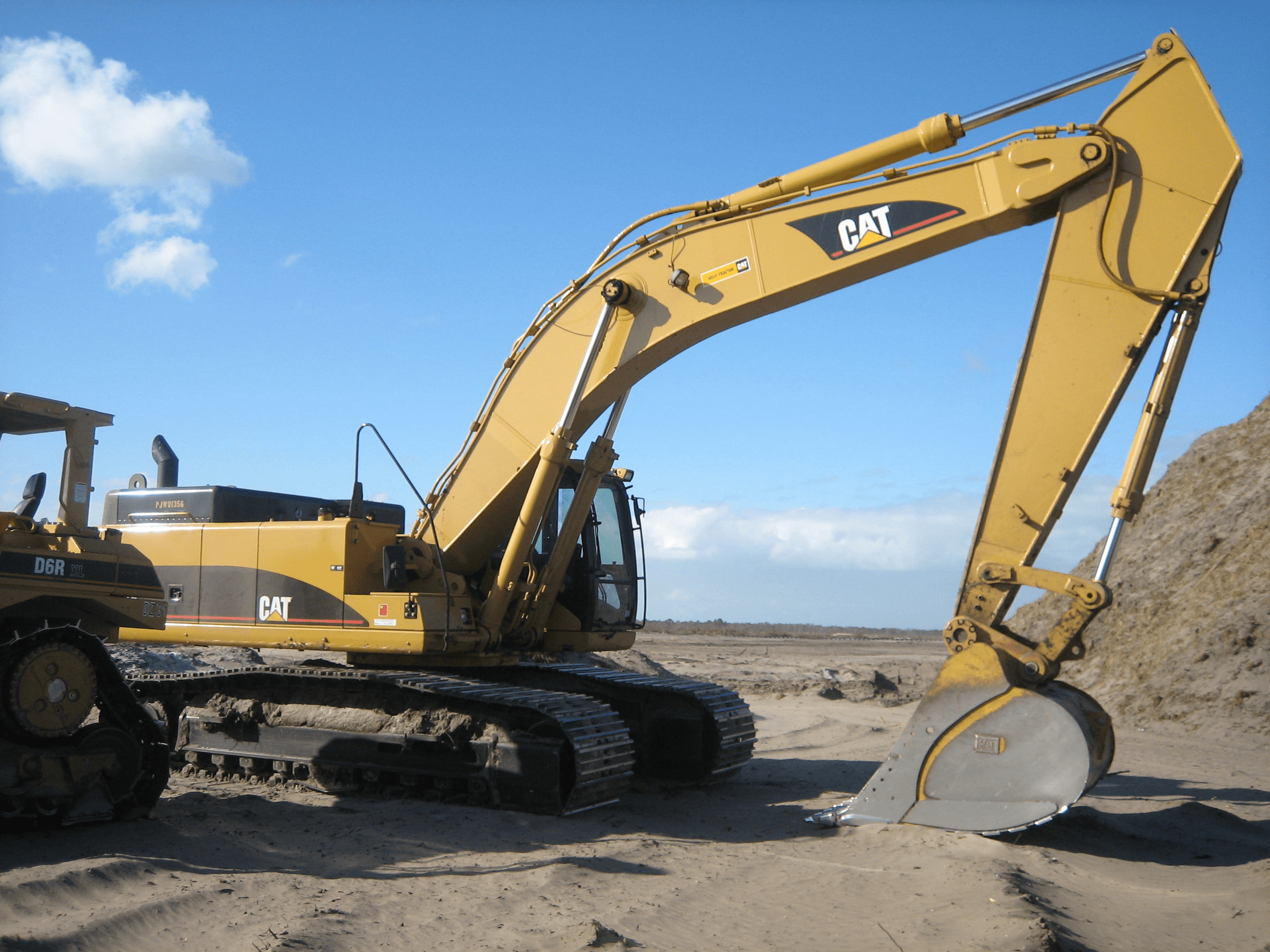Residential Excavating Ohio - Specialized Excavation for Ohio Houses
Residential Excavating Ohio - Specialized Excavation for Ohio Houses
Blog Article
Comprehensive Excavation Strategies: Grasping the Basics for Success
The mindful preparation, exact implementation, and meticulous interest to information called for in excavation projects require a thorough technique that incorporates numerous essential elements. The real mastery lies not merely in understanding these principles yet in flawlessly incorporating them to browse the intricacies of excavation tasks with finesse.
Comprehending Excavation Task Planning

Successful excavation tasks are built on the structure of complete and meticulous planning. The first phase of any type of excavation project is the planning phase, where important decisions are made that can significantly influence the outcome of the task. Throughout this stage, it is necessary to collect all appropriate details regarding the site, consisting of topographical surveys, dirt composition, and any possible hazards that might exist. Recognizing the job timeline, spending plan, and range constraints is important for producing a detailed excavation plan that ensures the task's success.
One trick facet of excavation job preparation is the advancement of a comprehensive timeline that outlines the sequence of turning points, target dates, and tasks. By carefully considering all these aspects during the planning phase, excavation tasks can be performed successfully and effectively, leading to successful outcomes - lancaster excavation.
Dirt Analysis and Site Analysis
Performing extensive dirt evaluation and site evaluation is an important step in the preparation phase of any excavation job. Soil evaluation includes figuring out the structure, framework, and homes of the dirt at the excavation website. This information is important for understanding the soil's bearing capacity, wetness material, and possibility for erosion, which are vital variables in identifying the excavation techniques and devices needed for the task.
Site examination surpasses soil evaluation and encompasses a more comprehensive analysis of the general site conditions. This assessment consists of recognizing any kind of potential threats, such as underground energies, ecological issues, or unstable terrain, that could influence the excavation process. By thoroughly evaluating the website, project supervisors can create reliable excavation methods that prioritize safety and security, performance, and environmental management.
Making use of advanced innovations like ground-penetrating radar, dirt tasting, and drone surveys can enhance the accuracy and performance of soil analysis and site evaluation. Spending time and sources in these initial steps can eventually save time and avoid expensive hold-ups or problems throughout the excavation process.
Devices Selection and Utilization
Efficient excavation projects count heavily on tactical equipment choice and use to guarantee ideal efficiency and productivity. Choosing the appropriate equipment for the job is vital in making best use of efficiency and decreasing downtime. Aspects such as the kind of dirt, deepness of excavation, and task range play a substantial role in identifying the most ideal tools for the job at hand.

In addition to choosing the appropriate tools, appropriate usage is essential to task success. Operators should be educated to deal with the tools securely and successfully - lancaster trenching. Routine upkeep checks and prompt repair services help avoid failures and guarantee constant efficiency throughout the task
Precaution and Rules Compliance
In the realm of excavation projects, prioritizing safety and security measures and compliance with guidelines is extremely important to making sure a safe and secure and legally sound functional atmosphere. Precaution encompass an array of methods, consisting of carrying out complete site evaluations, carrying out correct he said signage and barriers, and providing ample safety and security training for all employees associated with the excavation process. Adherence to laws, such as OSHA demands in the USA, guarantees that the excavation project meets the necessary criteria to protect employees, onlookers, and the surrounding environment.

Monitoring Progression and Adjusting Approaches
How can project supervisors properly track the improvement of excavation jobs and adjust their approaches as necessary to optimize results? Tracking development is necessary for ensuring that excavation projects stay on track and meet deadlines. Project supervisors can you could try these out make use of different devices and strategies to track progress, such as daily development records, routine site evaluations, and progressed monitoring modern technologies like drones and general practitioners tracking systems. By constantly keeping an eye on the task's innovation, managers can identify any type of prospective delays or issues at an early stage and take aggressive steps to resolve them.

Final Thought
To conclude, grasping the principles of comprehensive excavation techniques is important for the success of any type of project. By understanding job planning, examining soil and website problems, choosing appropriate tools, abiding with security laws, and monitoring development, project supervisors can make certain a effective and smooth excavation process. Implementing these strategies will certainly result in successful end results and lessen prospective threats or problems during the excavation project.
The initial phase of any type of excavation task is the planning phase, where essential choices are made that can significantly affect the outcome of the project. Recognizing the job scope, timeline, and budget restrictions is vital for developing a comprehensive excavation strategy that makes certain the project's success.
Just how can predict managers successfully track the improvement of excavation tasks and adapt their strategies accordingly to optimize results? By very closely monitoring progression and being prepared to adapt techniques, task managers can improve the overall success of excavation see here projects.
By comprehending task planning, analyzing dirt and site problems, selecting ideal devices, complying with safety regulations, and checking progression, project managers can make sure a smooth and effective excavation procedure.
Report this page